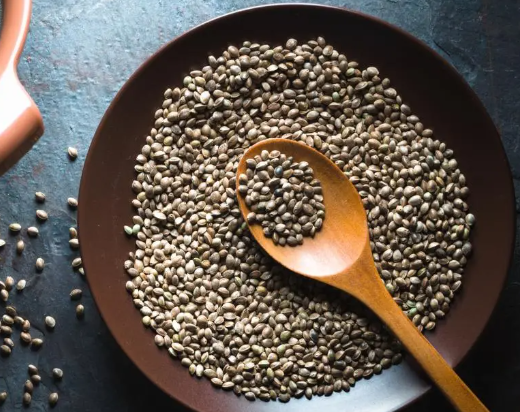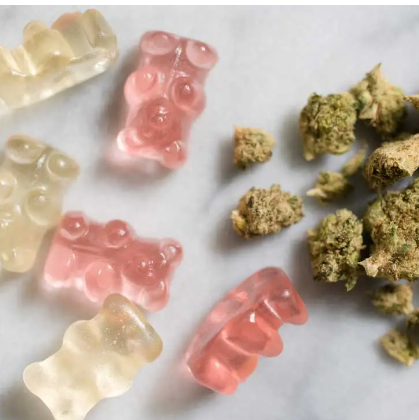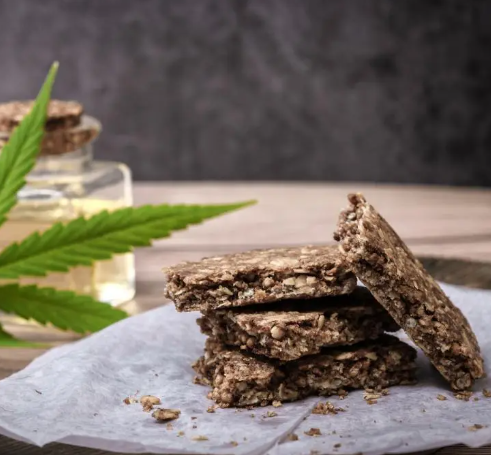A Nutritional Revolution
Cannabis and hemp have long been valued for their versatility and numerous applications. Today, they are making a significant impact in the food industry, offering a range of nutritional benefits. From hemp seeds and oils to cannabis-infused edibles, these plants are transforming the way we approach food and health.
The Nutritional Powerhouse of Hemp
Hemp Seeds
Hemp seeds are a nutritional powerhouse, packed with essential nutrients. They are an excellent source of:
Protein: Hemp seeds contain all nine essential amino acids, making them a complete protein source.
Omega Fatty Acids: Rich in omega-3 and omega-6 fatty acids, hemp seeds support heart health and brain function.
Vitamins and Minerals: Hemp seeds provide a good amount of vitamins E and B, as well as minerals like magnesium, potassium, and zinc.
How to Use Hemp Seeds:
Smoothies: Add a tablespoon of hemp seeds to your morning smoothie for a protein boost.
Salads: Sprinkle hemp seeds over salads for added texture and nutrition.
Baking: Incorporate hemp seeds into baked goods like bread, muffins, and cookies.
Hemp Oil
Hemp oil is extracted from the seeds of the hemp plant and is rich in essential fatty acids and antioxidants. It has a mild, nutty flavor and can be used in various culinary applications.
Benefits of Hemp Oil:
Heart Health: The high levels of omega-3 and omega-6 fatty acids in hemp oil help maintain cardiovascular health.
Skin Health: Hemp oil is known for its moisturizing and anti-inflammatory properties, making it beneficial for skin health.
How to Use Hemp Oil:
Salad Dressings: Use hemp oil as a base for nutritious and flavorful salad dressings.
Drizzling: Drizzle hemp oil over cooked vegetables or pasta for a nutritional boost.
Smoothies: Add a teaspoon of hemp oil to smoothies for extra nutrients.
CBD Edibles
CBD (cannabidiol) is a non-psychoactive compound found in cannabis that is known for its potential health benefits, including reducing anxiety, relieving pain, and improving sleep. CBD-infused edibles offer a convenient and tasty way to consume CBD.
Types of CBD Edibles:
Gummies: CBD gummies are popular for their convenience, taste, and precise dosing.
Chocolates: Indulge in CBD-infused chocolates for a delightful and relaxing treat.
Beverages: CBD-infused drinks, such as teas and sparkling water, provide a refreshing way to consume CBD.
Benefits of CBD Edibles:
Convenience: Edibles are easy to consume and provide a consistent dosage.
Long-Lasting Effects: The effects of CBD edibles tend to last longer than other forms of consumption.
Taste: Edibles come in a variety of delicious flavors, making them an enjoyable way to take CBD.
THC Edibles
THC (tetrahydrocannabinol) is the psychoactive compound in cannabis that produces the “high” associated with marijuana. THC-infused edibles are popular in regions where recreational cannabis use is legal.
THC Edibles
Brownies and Baked Goods: Classic THC edibles include brownies, cookies, and other baked treats.
Candies: THC-infused candies and gummies are available in various flavors and dosages.
Savory Snacks: Enjoy THC-infused savory snacks like chips and popcorn.
Considerations for THC Edibles:
Dosage: Start with a low dose and wait at least an hour before consuming more to avoid overconsumption.
Effects: The effects of THC edibles can be more intense and longer-lasting compared to smoking or vaping.
Conclusion
Cannabis and hemp are revolutionizing the food industry with their impressive nutritional profiles and health benefits. From hemp seeds and oil to CBD and THC edibles, these plants offer diverse and exciting ways to enhance your diet and well-being. Embrace the nutritional revolution and explore the many benefits of incorporating cannabis and hemp into your food today.


